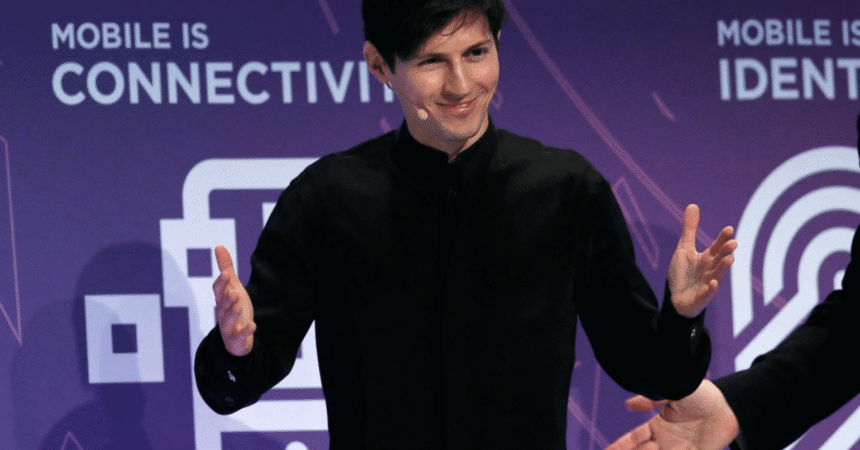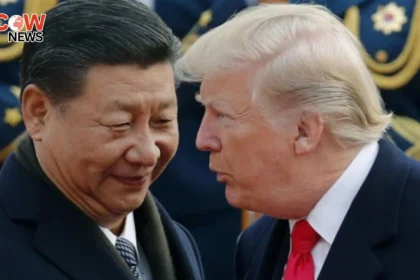The recent arrest of Telegram CEO Pavel Durov in France has sent shockwaves through the tech industry, highlighting the complex and often contentious relationship between technology companies and law enforcement. Durov’s detention, stemming from an investigation into alleged organized crime on the messaging app, raises critical questions about the balance between freedom of speech and the need to combat illicit activities online.
Telegram, with its end-to-end encryption and commitment to user privacy, has long been a thorn in the side of governments and law enforcement agencies seeking to monitor and control online communication. Durov’s arrest, and the subsequent bail conditions, including a €5 million payment and a ban on leaving France, demonstrate the determination of authorities to hold tech leaders accountable for the content shared on their platforms.
The investigation, led by a French judge, focuses on suspected complicity in illicit transactions, child sex abuse images, drug trafficking, fraud, and refusal to communicate information to authorities. While Telegram has maintained that it abides by European Union laws and its moderation is within industry standards, the case highlights the need for greater cooperation between tech companies and law enforcement.
As the investigation unfolds, it is essential to consider the broader implications of Durov’s arrest. Will this set a precedent for future cases, where tech leaders are held accountable for the actions of their users? How will this impact the development of encrypted messaging services, and the ability of users to communicate privately online?
The case also raises questions about the role of governments in regulating online activity. Should authorities have greater powers to monitor and control online communication, or would this compromise fundamental freedoms?
#Telegram #PavelDurov #France #LawEnforcement #Encryption #FreedomOfSpeech #TechNews







